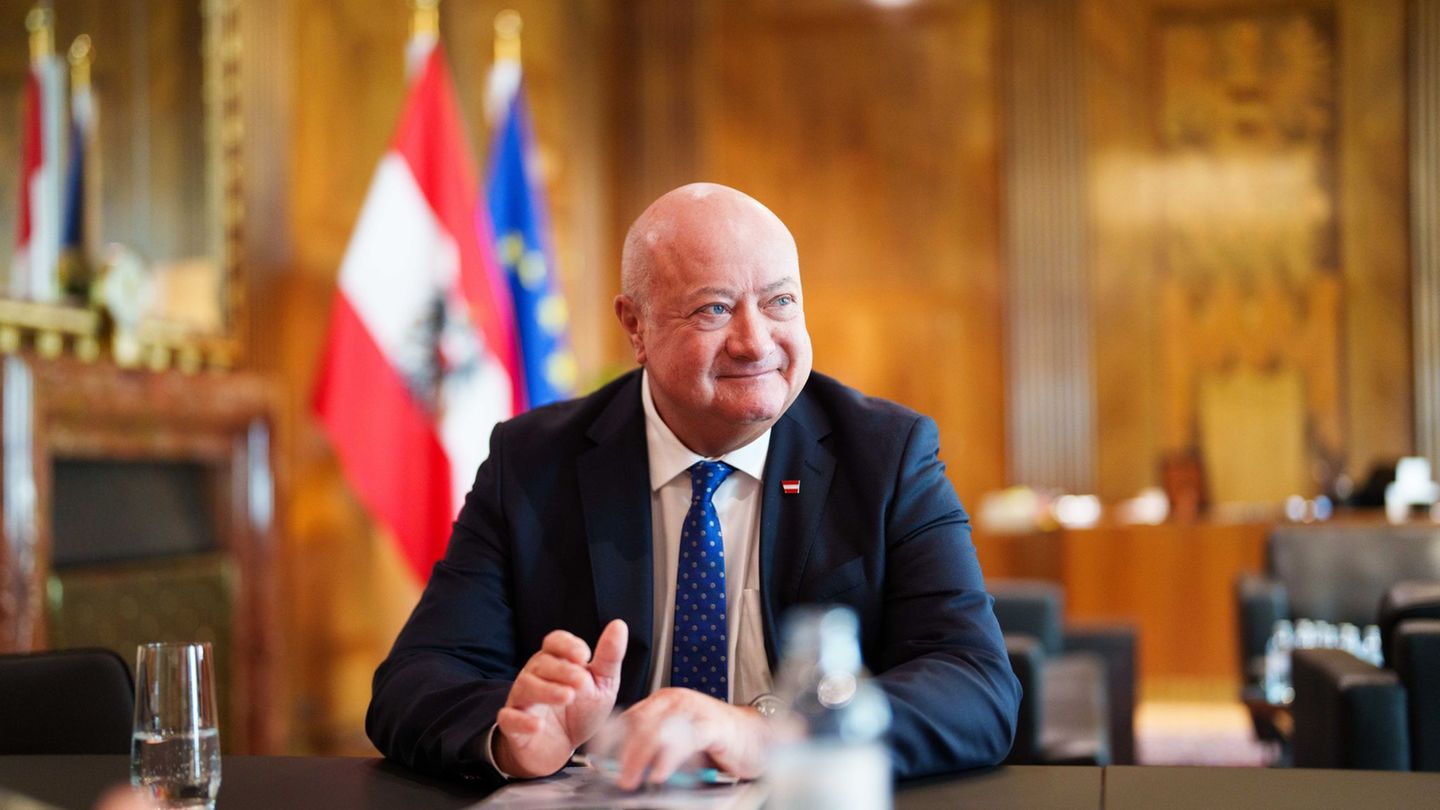Driving with green electricity instead of burning petrol or diesel – this should significantly reduce CO2 emissions from transport. However, most electric cars are still too expensive for many people. The state is also short of money.
Chancellor Olaf Scholz (SPD) wants to discuss the further expansion of electromobility on German roads with the automotive industry today. Representatives from manufacturers and suppliers, unions and works councils as well as from the energy industry, science and environmental associations are expected at the top meeting in Berlin. The topic of the exchange will be how to achieve the goal of 15 million electric cars by 2030 and how to support a further market ramp-up of battery-powered models.
The federal government had made it clear in advance that electric vehicles should be competitive and make a breakthrough on the market. The focus is also on ranges and cheaper prices. There are currently over a million purely electric cars registered in Germany – out of a total of more than 48 million cars.
Hardly any new electric cars for less than 30,000 euros
Many people are still holding back when it comes to electric cars, the ADAC explained. “Uncertainties about fluctuating electricity prices, vehicles that are hardly affordable, long delivery times and sometimes a lack of charging options contribute to this.” In Germany, customers can only get three models for less than 30,000 euros, criticized the club, which represents millions of drivers.
This also bothers the ecologically oriented German Transport Club. He demanded that German manufacturers have to offer more small electric cars. “The companies are still relying on electric cars in the SUV and luxury segments.” The environmental organization BUND made a similar statement. Vehicles that are affordable for average earners and require little energy and resources are coming onto the market too slowly, said Jens Hilgenberg, head of transport policy, to the editorial network Germany (RND). “Federal policy is required here and must intervene with regulatory measures.”
Anyone who buys or leases a purely electric car for private use can receive an environmental bonus from the state and manufacturers. This year the funding is up to 6,750 euros, next year up to 4,500 euros. The ADAC called for funding to be continued despite budget gaps. Meanwhile, the Ministry of Economic Affairs pointed out that the market will of course have to support itself in the end. State purchase bonuses as start-up financing were always designed so that they would gradually expire.
Climate surcharge for combustion engines?
The President of the Federal Environment Agency (UBA), Dirk Messner, spoke out in favor of a reform of the vehicle tax. “Climate-damaging cars should in future be subject to a climate surcharge when they are newly registered. This will make climate-friendly cars more attractive,” Messner told the German Press Agency at the weekend. “The money raised can, for example, be used for purchase bonuses for electric cars and then does not have to come from the climate and transformation fund.”
The environmental organization Greenpeace called for something similar. She presented a study she had commissioned: If oil consumption in road transport in Germany continued to decline as slowly as it has since 2000, this climate-damaging energy source would only disappear from the roads in 2120.
According to the UBA boss, it would also be helpful to no longer give tax advantages to private driving in a company car. “The diesel privilege, i.e. the tax preferential treatment for diesel, should also fall.”
Corporate bosses are calling for better infrastructure
VW CEO Oliver Blume cited poor conditions as the reason for the slow expansion of electromobility. “We need a better developed charging infrastructure, especially in the cities,” he told the “Augsburger Allgemeine”. Opel boss Florian Huettl also called for a rapid expansion of the charging network. “In order to achieve the federal government’s goal of one million publicly accessible charging points by 2030, we need ten times more new charging points,” he told the newspaper.
The round in the Chancellery, in which several ministers are also expected to take part, is the second meeting of the “Strategic Platform for Transformation of the Automotive and Mobility Industry” after an initial consultation in January.
The Federal Association of the Energy and Water Industry explained that a “powerful effort” would be necessary to have 15 million electric cars by 2030. But this is worth it. “If we don’t achieve the climate targets in the transport sector, it will be expensive.” Then Germany would have to buy pollution rights at the EU level. “That can quickly run into the billions.”
In view of the challenge, the Federal Association of Road Haulage Logistics and Waste Disposal criticized the fact that the transport industry had not been invited to the Chancellery. A third of the carbon dioxide emissions from transport are hidden in this way.
Source: Stern




